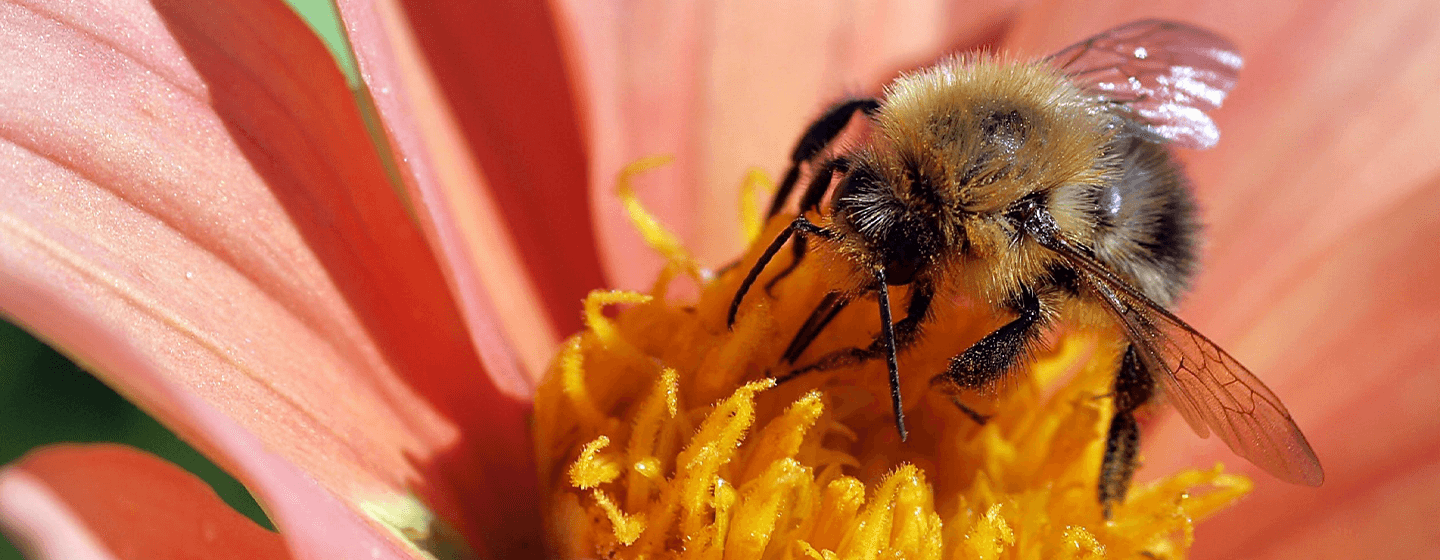Pollinator Week (June 21 - 27) is an annual event celebrated internationally in support of pollinator health. Birds, bats, bees, butterflies, beetles, and other small mammals that pollinate plants are responsible for bringing us one out of every three bites of food. They also sustain our ecosystems and produce our natural resources by helping plants reproduce.
Pollinators are often overlooked, but in reality, are overwhelmingly crucial animals in maintaining ecosystem health and productivity. By enabling plant reproduction, bees and other insects hold the key to keeping wild systems functioning. We have created this guide for a better understanding of all things pollination.
Additionally, Friday night's Oklahoma News Report will be going InDepth on this exact subject with Amy Seiger of the Oklahoma Conservation Commission, Dr. Courtney Bir, PhD, Dept. of Agricultural Economics at Oklahoma State University, and Jane Breckinridge, director of Euchee Butterfly Farm and co-director of Tribal Environmental Action for Monarchs (TEAM). Don't miss it Friday, June 25 at 7 pm on OETA or the PBS Video app.
What is pollination?
When a pollen grain moves from the anther (male part) of a flower to the stigma (female part), pollination happens. This is the first step in a process that produces seeds, fruits, and the next generation of plants. This can happen through self-pollination, wind and water pollination, or through the work of vectors that move pollen within the flower and from bloom to bloom.
Who are the pollinators?
Birds, bats, butterflies, moths, flies, beetles, wasps, small mammals, and most importantly, bees are pollinators. They visit flowers to drink nectar or feed off of pollen and transport pollen grains as they move from spot to spot.
Why are pollinators important?
According to the Pollinator Partnership, somewhere between 75% and 95% of all flowering plants on the earth need help with pollination – they need pollinators. Pollinators provide pollination services to over 180,000 different plant species and more than 1200 crops. That means that 1 out of every three bites of food you eat is there because of pollinators. If we want to talk dollars and cents, pollinators add 217 billion dollars to the global economy, and honey bees alone are responsible for between 1.2 and 5.4 billion dollars in agricultural productivity in the United States. In addition to the food that we eat, pollinators support healthy ecosystems that clean the air, stabilize soils, protect from severe weather, and support other wildlife. Find more information here.





